detail profile franti c5 a1ek kub c3 ad c4 8dek
Peran Yang Di Mainkan František Kubíček
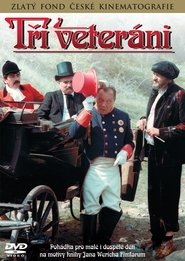 It is a story of three...
It is a story of three...The Three Veterans 1984
It is a story of three veterans released from the army. During one night spent camping in the country they one by one wake up and meet three elvish brothers. Each of the veterans is given a magic item - one gets magic harp that provides him with servants by wish, other one endless pouch of gold and the last one owns magic hat that can create all the staff excluding money and people.
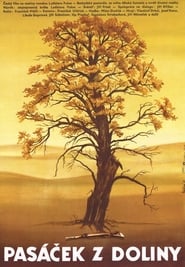 In 1947 by the Beskid mountains the...
In 1947 by the Beskid mountains the...The Little Shepherd Boy from the Valley 1984
In 1947 by the Beskid mountains, the traces of war still linger, destroyed tanks dispersed throughout the farmland creating an eerie backdrop. This film follows a ten-year-old boy and the strange visions he encounters, his world of fantasy exacerbated with ample time, space, and a lack of companionship or guidance. We see the adults that influence and dominate his life, for better or for worse. Surreal and packed with an excellent study of human emotions and motivations compounded by their rural, isolated vacuum of a town, this is a timeless and severely underrated film from a brilliant Czech director.
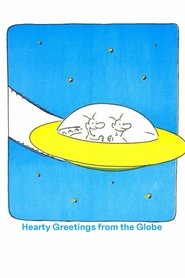 Two aliens stir up trouble on...
Two aliens stir up trouble on...Hearty Greetings from the Globe 1983
Two aliens stir up trouble on Earth in order to study humans. Misunderstandings ensue.
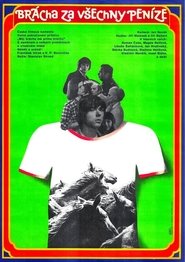 Honza and Zuzana are very young...
Honza and Zuzana are very young...Brother for All the Money 1979
Honza and Zuzana are very young husband and wife. They have a little daughter of whom willingly occasionally take care the grandparents and Honza's fifteen-year-old brother Martin. Zuzana continues studying and Honza devotes all weekends as an amateur competitor to the motor-cycles at the speedway. Zuzana is not interested in motor-cycles. Martin holds responsible for his brother's marriage and at the advice of his friend Magda, who is of the same age, invites her sister-in-law to the club of Hucul horses so that she does not feel bored. But by misfortunes and unexplained quarrels both young husband and wife start being jealous of one another.
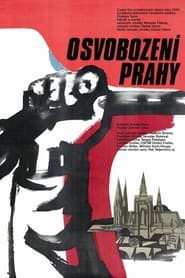 On 20th of April 1945 the Soviet...
On 20th of April 1945 the Soviet...The Liberation of Prague 1977
On 20th of April 1945 the Soviet army launches its attack on Berlin. The end has come for Nazi Germany and Hitler decides to commit suicide. In Prague K.H. Frank (Nazi Secretary of State and Chief of police in the Protectorate of Bohemia a Moravia) discusses with his commanders how to transform the city into an impregnable fortress, but the Praguers do not intend to wait any longer. From the early hours of 4th of May people start assembling in the streets and tearing down German signs. On the next day, the 5th of May, the uprising begins.
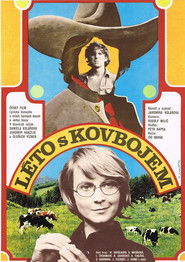 Hlavnmi postavami je mlad psycholoka Doubravka...
Hlavnmi postavami je mlad psycholoka Doubravka...Summer with a Cowboy 1976
Hlavními postavami je mladá psycholožka Doubravka a vesnický mladík Honza Macháček. On je traktorista, který při ztřeštěné sázce dočasně přišel o řidičský průkaz, takže teď pase družstevní stádo krav, ona je na chatě se svým chlapcem Bobou, který nepříliš úspěšně studuje medicínu a právě se připravuje na opravné zkoušky. Honzova bezprostřednost, optimismus a přístup k životu i práci ostře kontrastuje se sobeckým, slabošským a nevyrovnaným Bobou a Doubravka si stále víc uvědomuje, že její cit k Bobovi zmizel a doopravdy má vlastně ráda Honzu. Otázkou je, jak se na takovou partii bude dívat její poněkud konzervativní rodina.
 The hero of this popular fairy...
The hero of this popular fairy...Prince Bajaja 1971
The hero of this popular fairy tale is a young prince who, after the death of his parents, goes out into the world. During his travels he meets a magical talking horse and falls in love with the beautiful princess Slavna. On the advice of his horse, he binds one eye and pretends to be dumb and enters into service as the castle gardener.
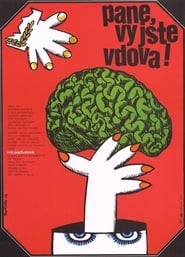 After a soldier cuts off the...
After a soldier cuts off the...You Are a Widow, Sir 1971
After a soldier cuts off the arm of king's cousin, king decides to deactivate the army. Of course, generals don't like it at all and they try to kill the king. The assassin should be artificial body in the shape of actress Evelina Keleti and with brain of psychotic serial killer Fany Stubová. They also manage to kill king's astrologer Stuart Hampl, who warns the king. Accidentally, Hampl's brain is implanted into assassin's body, actress Keleti is killed and chaos begins.
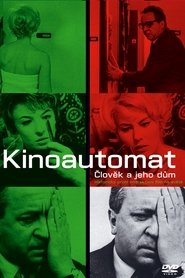 Kinoautomat was the worlds first interactive...
Kinoautomat was the worlds first interactive...Kinoautomat 1971
Kinoautomat was the world's first interactive movie, conceived by Radúz Činčera for the Czechoslovak Pavilion at Expo '67 in Montreal. At nine points during the film the action stops, and a moderator appears on stage to ask the audience to choose between two scenes; following an audience vote, the chosen scene is played.
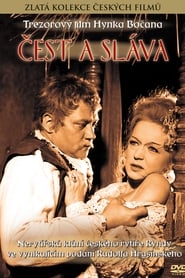 This historical film by Hynek Boan...
This historical film by Hynek Boan...Honor and Glory 1969
This historical film by Hynek Bočan touches upon the indecisiveness of the Czech nation, ready to bend the backbone in face of foreign rule. Situating the story at the close of the Thirty Year War enabled the depiction of the misery of the people that affects even an impoverished aristocratic milieu. Rudolf Hrušínský appears here in the role of an indecisive knight, persuaded for a long time and in vain to join the anti-Habsburg movement. The story does not only captivate through the depiction of manifold human characters, intrigues and sycophancy, but also through the circumstances ruling over the devastated farmstead, sunk in mud and crudeness. One of the best films with an updating tendency has come into being here, rightly being named along the such greats as Kladivo na čarodějnice (Witches' Hammer).
 Goodnatured and garrulous Schweik becomes the...
Goodnatured and garrulous Schweik becomes the...The Good Soldier Švejk 1957
Good-natured and garrulous, Schweik becomes the Austrian army's most loyal Czech soldier when he is called up on the outbreak of World War I -- although his bumbling attempts to get to the front serve only to prevent him from reaching it. Playing cards and getting drunk, he uses all his cunning and genial subterfuge to deal with the police, clergy, and officers who chivy him toward battle.

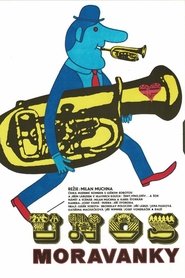
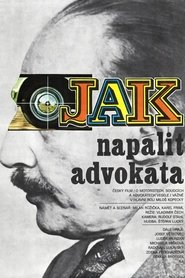 Attorney Horic is a specialist for...
Attorney Horic is a specialist for...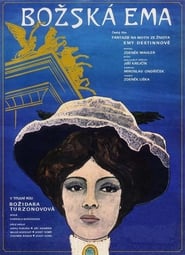 The opera lady singer Ema Destinnov...
The opera lady singer Ema Destinnov...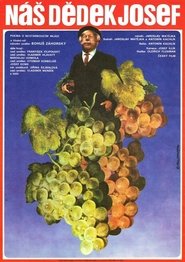
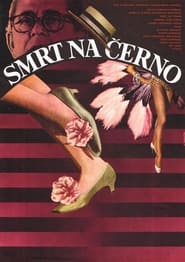
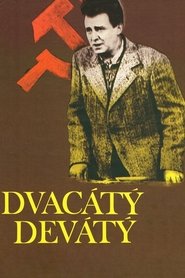
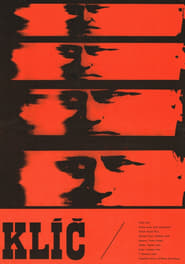 Jan Zika is the legendary hero...
Jan Zika is the legendary hero...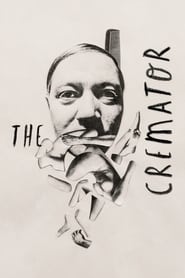 In 1930s Prague a Czech cremator...
In 1930s Prague a Czech cremator...